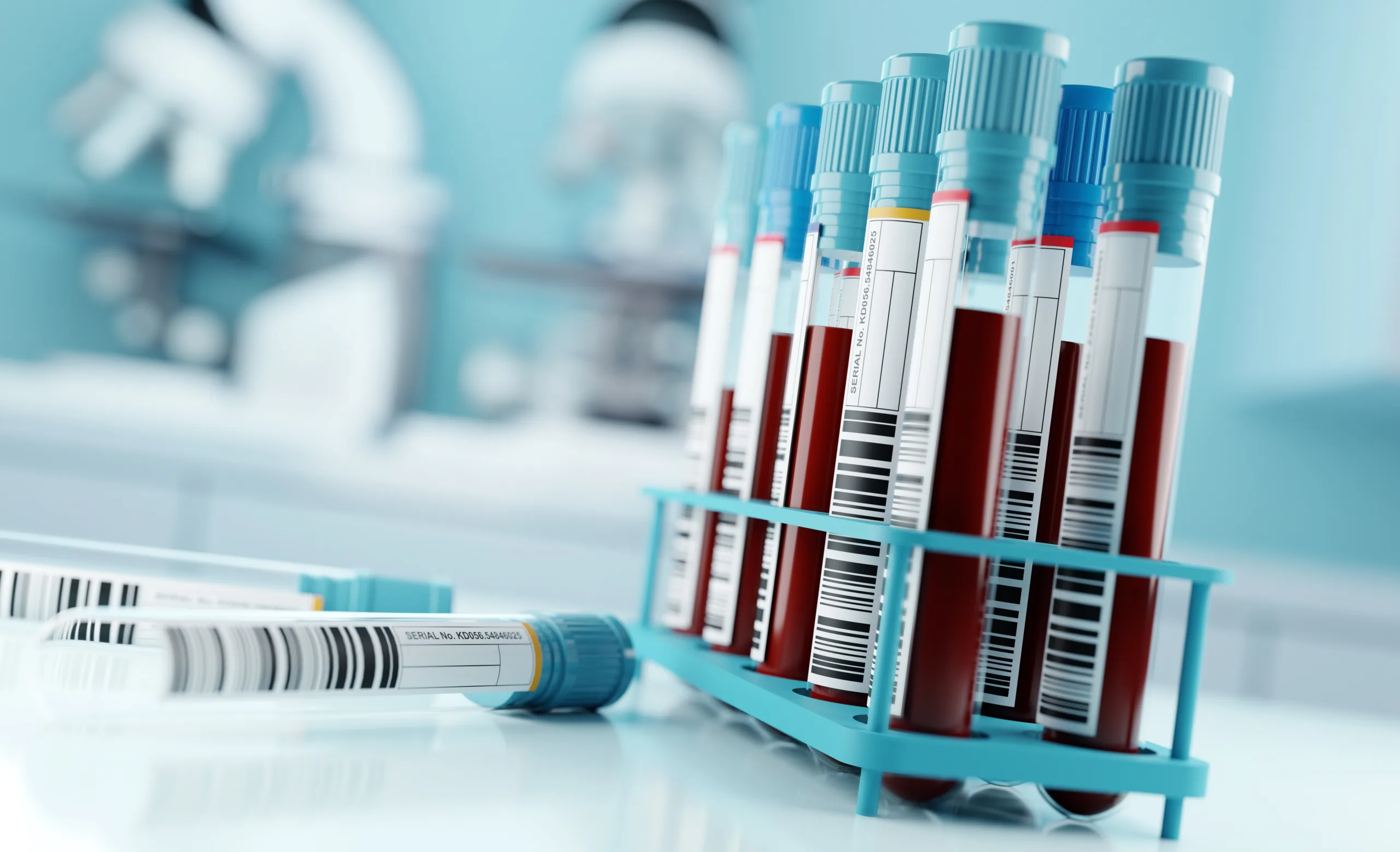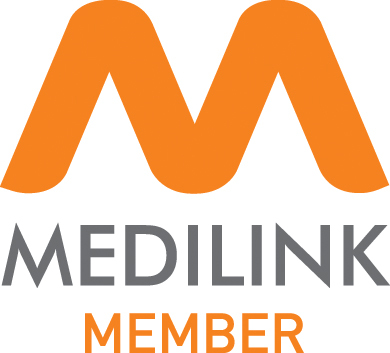A faster diagnosis of infection is a critical unmet need.
Globally, clinical pathways for infection & sepsis are sub-optimal. Diagnosis is too slow, and antibiotics are overprescribed. Sepsis affects 49m people each year, with 11m succumbing.
A gold standard precision diagnostic test for infection can drastically reduce costs, optimise the diagnostic pathway, and alleviate hospital pressure by reducing admissions.
Traditional diagnosis methods are insufficient.

Current diagnostic standards of care for infections can be slow and imprecise.
When patients are admitted to the hospital, clinicians are expected to adhere to guidelines that emphasise timely infection diagnosis.
The limitations of current diagnostic tools pose a substantial obstacle to achieving timely and accurate infection diagnoses. When clinicians are unable to meet the guidelines for prompt diagnosis, they may be compelled to make critical decisions based on insufficient data, potentially jeopardising patient outcomes.
The guidelines underscore the imperative of antimicrobial stewardship, which entails the prudent use of antibiotics to mitigate the emergence of antibiotic resistance. This necessitates minimising unnecessary antibiotic prescriptions and selecting the most suitable antibiotic for each specific infection.
Antimicrobial Resistance (AMR):
A crisis being fueled by treating with antibiotics non-optimally.
Antimicrobial resistance (AMR) is the ability of microorganisms like bacteria, viruses, fungi, and parasites to resist the effects of antimicrobial drugs. This is a major global health threat because it makes infections harder to treat, leading to increased morbidity and mortality.
The overuse of antibiotics, or antibiotics used sub-optimally, is contributing to the development of resistant bacteria. 1 in 4 infections is already resistant to antibiotics.
AMR is projected to result in up to US$3.4 trillion of GDP losses per year by 2030. It will kill more people than cancer by 2050.
In addition to developing new antibiotics, it is critical that we improve infection diagnosis to prevent unnecessary antibiotic use.
Addressing this unmet clinical
need will have a significant impact.
Fueling Progress:
Our Investors and Tech Collaborators
Offering expertise and resources, our investors and tech collaborators are critical in the evolution of Presymptom Health.

















